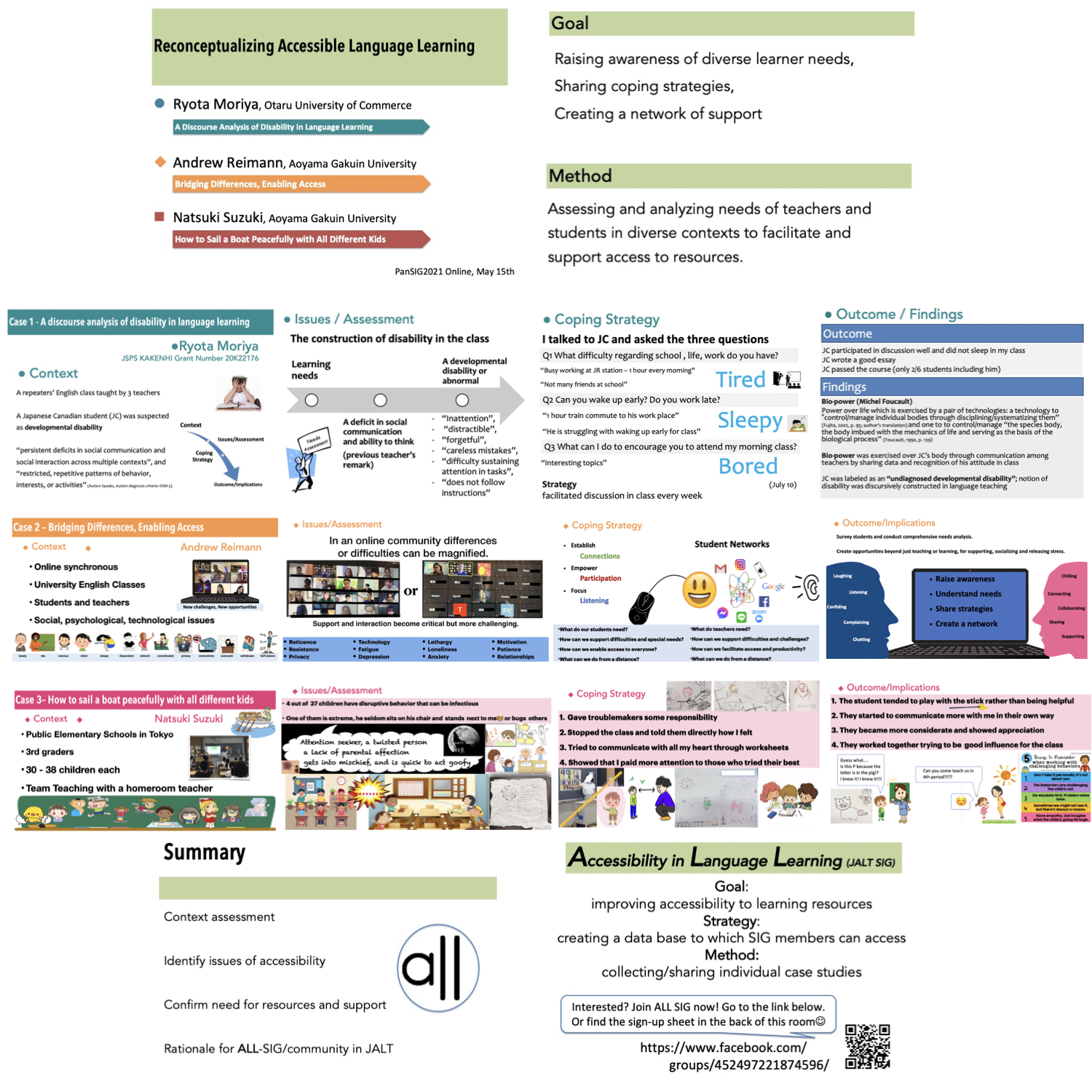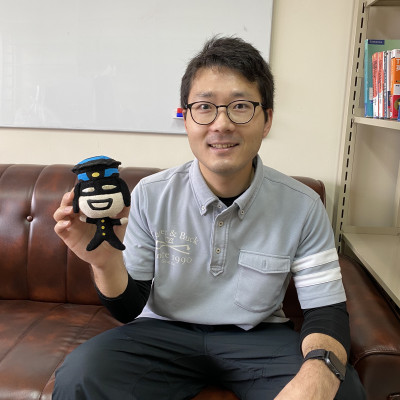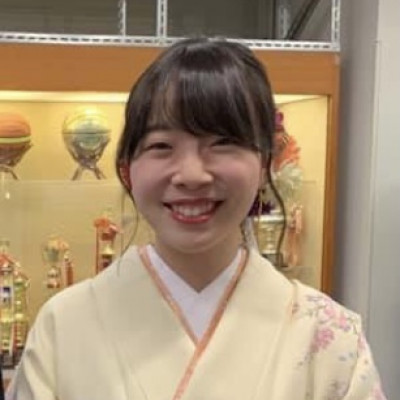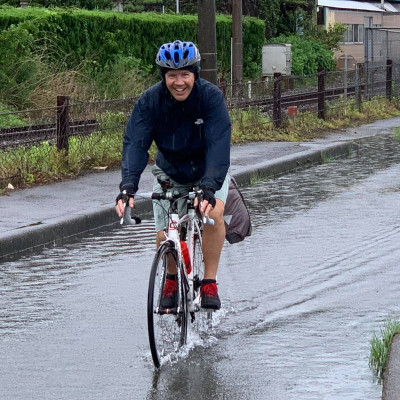Sessions /
Reconceptualizing Accessible Language Learning
#1338
Creating equal educational opportunities for learners with disabilities was initiated by The Act for Eliminating Discrimination against Persons with Disabilities in 2016. JASSO (2020) estimates that the percentage of students with disabilities in post-secondary education has increased from 0.44% to 1.17% since 2014. Those students, however, remain under-supported in language education. Tonooka (2015) estimates that only 28% of university language classes offer support for students with disabilities in Japan. The Act of 2016 places responsibility of providing reasonable accommodation for learners with special needs on language teachers by merging their classes with those of non-disabled learners. This change has brought on a “destabilization in the practices of the typical teacher” (Goodley, 2014, p. 104) on one hand, and a shift in the notion of disability from impairment towards inaccessibility to learning resources on the other. This poster session will highlight various learning differences and a diversity of learner needs including communicative, physiological, and psychological differences in language classes. Presenters will share their insights into reconceptualizing accessibility in language learning. The goal is to facilitate discussions on raising awareness of how teachers can best support learners with special needs. Participants are welcome to share their experiences concerning accessibility in language learning.
Presentation Assets
Reconceptualizing Accessible Language Learning (Poster)



